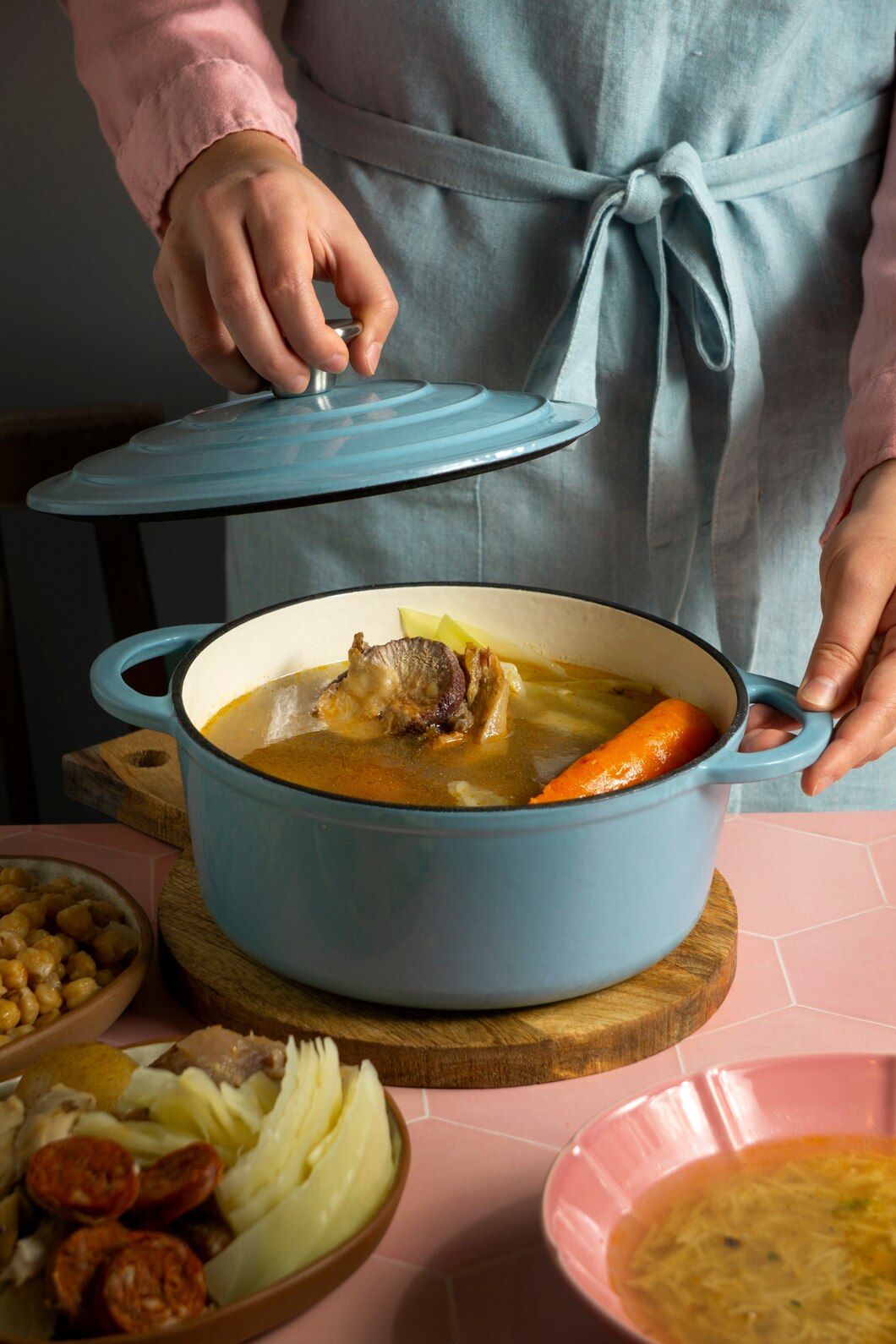Wine is often used in cooking to add depth, flavor, and acidity to dishes. However, there are various reasons why you might want to avoid using wine, such as personal preference, dietary restrictions, or simply not having any on hand. Fortunately, several substitutes can replicate the effects of wine in cooking without compromising on taste. Here are five excellent alternatives to wine for your culinary needs.
1. Broth or Stock
Flavor Profile:
Broth or stock (vegetable, chicken, or beef) is an excellent substitute for wine, offering a rich and savory base that complements many dishes. It adds depth and enhances the overall flavor of your recipe.
Usage:
Use broth or stock in a 1:1 ratio as a substitute for wine in recipes. For example, if a recipe calls for 1 cup of wine, replace it with 1 cup of broth. This substitution works well in soups, stews, sauces, and risottos.
Tips:
- Choose low-sodium broth to control the saltiness of your dish.
- If you need to replicate the acidity of white wine, add a splash of lemon juice or vinegar to the broth.
2. Apple Cider Vinegar
Flavor Profile:
Apple cider vinegar has a tangy, slightly fruity flavor that can mimic the acidity and complexity of wine. It’s particularly suitable for recipes that call for white wine.
Usage:
Dilute apple cider vinegar with water before using it as a substitute. Mix 1 part apple cider vinegar with 1 part water to replace white wine in a 1:1 ratio. For example, if a recipe requires 1 cup of white wine, use ½ cup of apple cider vinegar mixed with ½ cup of water.
Tips:
- Use sparingly to avoid overpowering the dish with vinegar’s strong taste.
- Apple cider vinegar works best in marinades, salad dressings, and braised dishes.
3. Grape Juice
Flavor Profile:
Grape juice, whether red or white, provides a sweet and fruity flavor similar to wine. It can add a natural sweetness and depth to your dishes.
Usage:
Use grape juice as a 1:1 substitute for wine in recipes. For instance, replace 1 cup of wine with 1 cup of grape juice. White grape juice is ideal for recipes calling for white wine, while red grape juice works well in place of red wine.
Tips:
- To balance the sweetness of grape juice, consider adding a small amount of vinegar or lemon juice.
- Grape juice is suitable for sauces, marinades, and desserts.
4. Tomato Juice
Flavor Profile:
Tomato juice offers a rich, tangy flavor that can replicate the depth and acidity of red wine. It’s especially useful in savory dishes like stews, soups, and sauces.
Usage:
Replace wine with tomato juice in a 1:1 ratio. For example, use 1 cup of tomato juice instead of 1 cup of wine.
Tips:
- Tomato juice can be slightly sweet, so adjust the seasoning of your dish accordingly.
- It works best in recipes with tomatoes or in dishes where the red color and robust flavor of red wine are desired.
5. Pomegranate Juice
Flavor Profile:
Pomegranate juice has a deep, fruity flavor with a balance of sweetness and tartness, making it a good substitute for red wine.
Usage:
Use pomegranate juice as a 1:1 substitute for red wine in recipes. For example, replace 1 cup of red wine with 1 cup of pomegranate juice.
Tips:
- Pomegranate juice adds a unique, slightly tangy flavor, so taste and adjust seasoning as needed.
- It works well in marinades, stews, and sauces where a fruity undertone is beneficial.
While wine can enhance many recipes, these substitutes offer great alternatives without compromising on flavor. Whether you choose broth, apple cider vinegar, grape juice, tomato juice, or pomegranate juice, you can achieve delicious results that cater to your dietary needs or preferences. Experimenting with these options can help you discover new flavors and bring creativity to your cooking.








